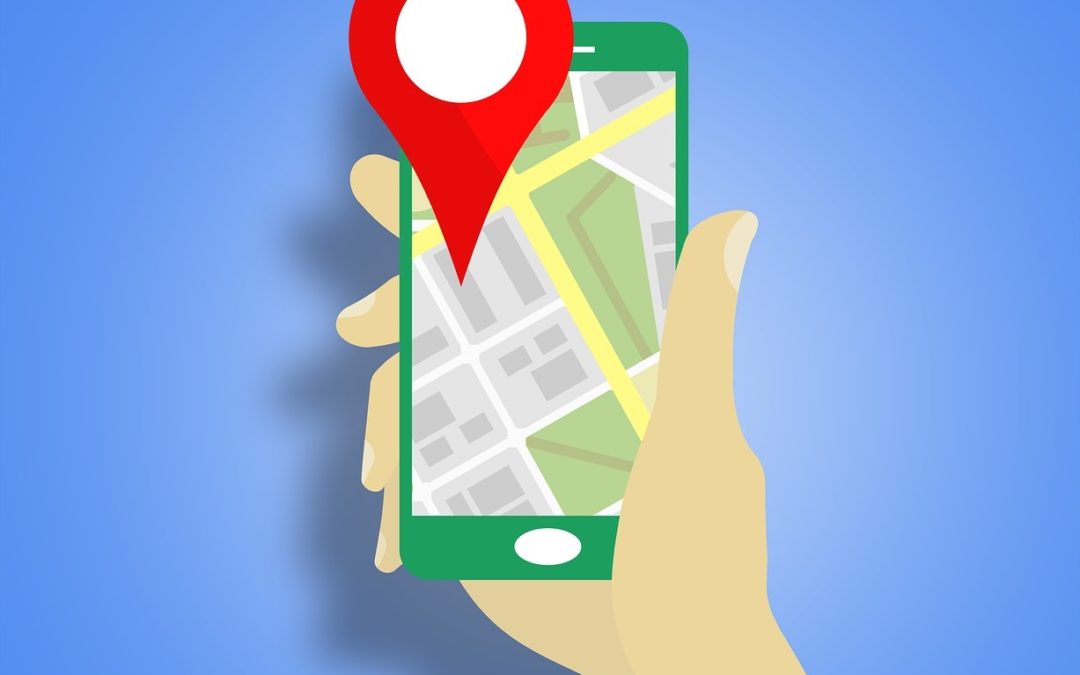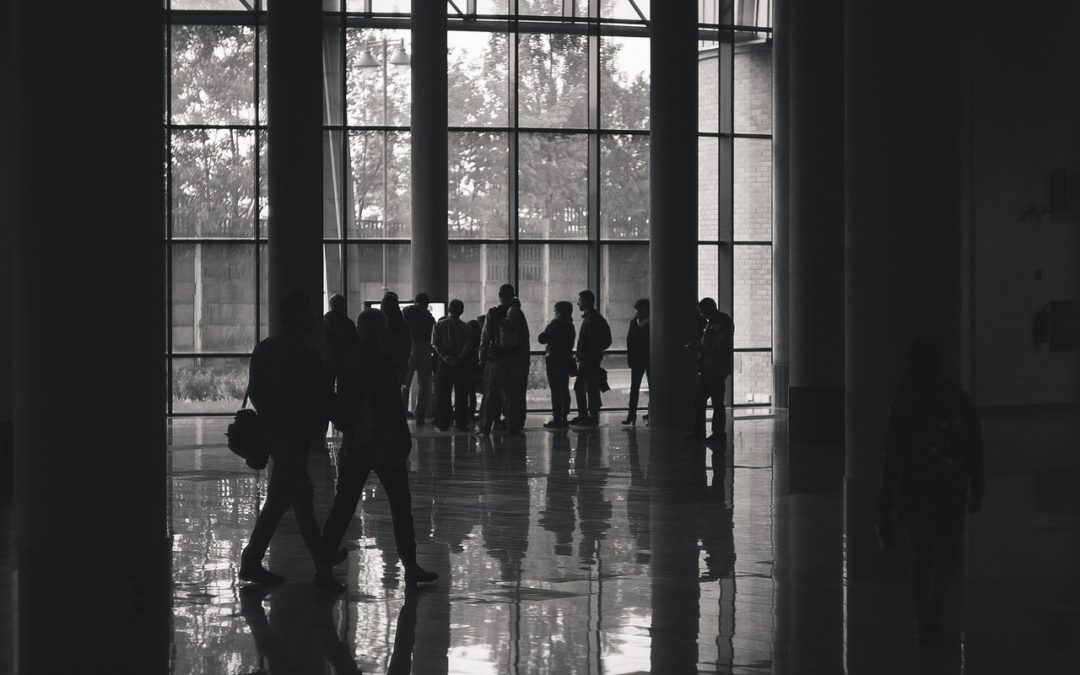If you have followed the headlines published by newspapers and bloggers over the past month you would be led to believe that Snapchat’s new Snap Map feature is “going to ruin your life” and “is frightening as a privacy threat”, but what does the new feature mean for Snapchat users and should you be concerned?
In the latest Snapchat update, released in June 2017, users are now able to share their current location and activities with their friends. Providing you and a friend follow one another, you are now able to share your locations with each other on the Snap Map in addition to being able to see what is going on around you. Your location on the Snap Map is only updated when you are actively using Snapchat — so you don’t have to worry about your location being updated in the background. Additionally your location on the Map will expire after several hours. Also with the Snap Map, you can view Snaps of sporting events, celebrations, breaking news, and more from all across the world.
In light of this new update however, Snap Chat has received considerable criticism regarding privacy and safety concerns. The majority of the concerns relate to an increased risk for users, specifically younger generation users, to be exposed to stalking, bullying and strangers by individuals who are able to follow their exact locations. These concerns have been supported by police forces and schools around the UK who are scrambling to offer advice to parents and to ban the app on school premises. The update has also prompted the Child Exploitation and Online Protection Centre (CEOP) to update its ‘Thinkuknow’ parents’ and carers’ guide to Snapchat.
Despite these concerns, there are a number of simple ways that users can protect themselves. As part of the Snap Maps, the default setting, known as Ghost mode, allows the user to block their location so that they are not visible on the map. The only exception to this is if the user submits Snaps to the ‘Our Story’ feature as this will appear on the map regardless of the user’s privacy or location settings. The second and most significant piece of advice, is for users to only accept Friend Requests from individuals they know. Maps are only shared between friends and this can be further restricted by specifically selecting the individual friends who are able to see your location. Awareness of these simple features can in fact negate the vast majority of concerns since they essentially render the location feature deactivated.
The use of real-time location sharing presented in Snap Map is not the first of its kind and nor will it be the last. Companies such as Google, Apple, Facebook and WhatsApp already have their own features which allow the user to connect with friends and to share their location. There are even Apps, such as Glympse, whose sole purpose is provide a fast and free real-time location service to connect people. And while all of these apps and platforms offer privacy settings, delving beyond the hype and discussion, there exists a far deeper and more profound discussion relating to the volume of personal content which individuals are actively posting online and the ease at which this is becoming the norm.
Our analysts and experts at Neotas, are constantly amazed by the volume of personal content which exists in open sources whether actively posted by the individual or passively by others, through leaks or data breaches, reviews etc. Awareness of this and identification of an individual’s complete online footprint is key in order to prevent exposed vulnerabilities and risk, especially regarding high net worth individuals and executives. As such, at Neotas, we provide Human Vulnerability Assessments and Online Reputation Reports in addition to our Staff Screening and Due Diligence services. Our role is not to create hype as we have seen recently within the media but instead to embrace the digital information generation and to create a more holistic view of an individual for all risk based decisions whether personal, professional or commercial.






